Conservatives win German elections Friedrich Merz set to lead
- Update Time : Tuesday, February 25, 2025
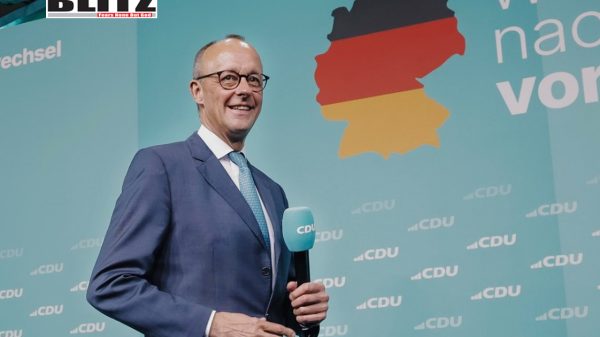
The Christian Democratic Union (CDU) and its Bavarian sister party, the Christian Social Union (CSU), have emerged victorious in Germany’s snap parliamentary elections, dealing a significant blow to Chancellor Olaf Scholz’s Social Democratic Party (SPD). According to preliminary results released by the Federal Returning Officer, CDU leader Friedrich Merz is now likely to become Germany’s next chancellor, marking a shift toward conservative governance in Europe’s largest economy.
The CDU and CSU alliance secured 28.6% of the vote, reclaiming their position as Germany’s dominant political force after their defeat in the 2021 elections. The results signal a rightward shift in German politics, reflecting widespread dissatisfaction with the outgoing “traffic light” coalition, which included the SPD, the Greens, and the Free Democratic Party (FDP). This coalition collapsed last year after FDP leader Christian Lindner withdrew support due to disagreements over budget policies.
Merz, a long-time advocate for pro-business policies and stricter immigration controls, expressed his commitment to forming a government that represents all Germans. “We will strive to address the pressing challenges facing our country, from economic stagnation to social cohesion,” Merz stated on X (formerly Twitter). He added that he hopes to have a new government in place by Easter, aiming to restore political stability after years of coalition disputes.
The right-wing, anti-immigration Alternative for Germany (AfD) party also made historic gains, securing 20.8% of the vote-the highest result in its history. The party’s success was particularly pronounced in eastern Germany, where it topped the polls in Saxony, Saxony-Anhalt, Thuringia, Brandenburg, and Mecklenburg-Western Pomerania. This performance cements the AfD as Germany’s second-largest political force, signaling growing public support for its hardline stance on immigration, national sovereignty, and European Union (EU) policies.
Alice Weidel, AfD co-leader and the party’s candidate for chancellor, hailed the outcome as a clear mandate for political change. “The AfD’s success demonstrates that citizens want a new direction for our country. We will continue to stand for the interests of ordinary Germans,” Weidel wrote on X.
However, despite its electoral gains, the AfD’s path to government participation remains uncertain. Major parties, including the CDU and SPD, have ruled out forming coalitions with the AfD, citing its nationalist rhetoric and controversial policy proposals. This political isolation may limit the AfD’s influence in the Bundestag, even as it commands a larger share of the electorate.
The SPD, which led the outgoing government under Olaf Scholz, suffered a significant defeat, securing only 16.4% of the vote-its worst result in decades. Scholz’s leadership was marred by economic challenges, including rising inflation, energy crises, and public discontent over immigration and social welfare policies. The collapse of the coalition, triggered by budget disputes with the FDP, further damaged the SPD’s credibility as a reliable governing party.
Meanwhile, the Greens, led by Foreign Minister Annalena Baerbock, received 11.6% of the vote, falling short of their expectations. The party’s support waned amid criticism of its energy transition policies, which some voters viewed as too costly and disruptive. The FDP, whose withdrawal from the coalition precipitated the snap election, garnered only 4.3% of the vote, failing to reach the 5% threshold required for parliamentary representation. In response, Lindner announced his retirement from politics, acknowledging the party’s electoral setback.
With the CDU/CSU alliance falling short of an outright majority, Friedrich Merz now faces the challenge of forming a coalition government. Potential partners include the FDP, despite its diminished presence, and the Greens, though ideological differences may complicate negotiations. A so-called “Jamaica coalition” (named after the colors of the CDU/CSU, Greens, and FDP) is one possibility, but past attempts to form such a government have failed.
Merz’s emphasis on unity and pragmatism suggests that he may seek to bridge divides within the conservative bloc and broader society. His platform prioritizes economic growth, reducing bureaucracy, and strengthening national security, aligning with voter concerns about economic stagnation and social cohesion. However, navigating coalition talks will require balancing these priorities with the demands of potential partners.
The conservative victory in Germany’s elections carries significant implications both domestically and internationally. Domestically, the outcome reflects growing frustration with the political status quo, as voters demand more effective governance and clearer solutions to economic and social challenges. The rise of the AfD underscores deeper divisions within German society, particularly regarding immigration, cultural identity, and the role of the EU.
Internationally, a CDU-led government could shift Germany’s approach to European and global affairs. Merz has advocated for a stronger transatlantic alliance with the United States and a more assertive stance within the EU. His economic policies prioritize reducing regulatory burdens on businesses and fostering innovation, which could enhance Germany’s competitiveness in the global economy. However, his support for stricter immigration controls and a more selective approach to EU integration may create tensions with other European leaders.
The AfD’s surge also raises concerns within the EU, given the party’s Euroskeptic positions and calls for limiting Germany’s financial contributions to the bloc. While the party’s exclusion from government may mitigate immediate disruptions, its growing influence could shape public discourse and policy debates in the years ahead.
As Germany enters a new political chapter, the coming weeks will be crucial in determining the shape of the next government. Coalition negotiations are expected to be complex, with competing interests and ideological differences at play. Nevertheless, Friedrich Merz’s conservative bloc is poised to lead the country through a period of economic and social transformation.
The election results mark a clear shift to the right in German politics, reflecting broader trends across Europe. With voter concerns ranging from economic insecurity to immigration and cultural identity, the new government will face high expectations to deliver tangible results. As coalition talks unfold, both supporters and critics will be watching closely to see how Germany’s next government navigates the challenges ahead, both at home and on the global stage.


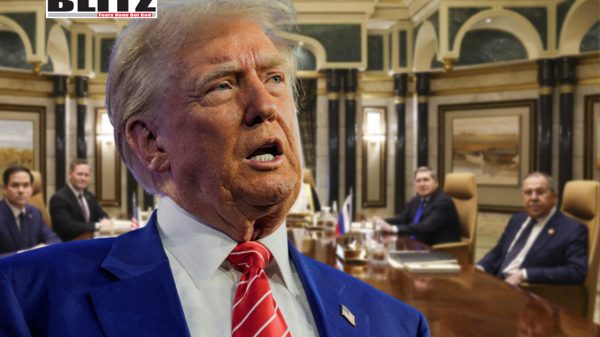
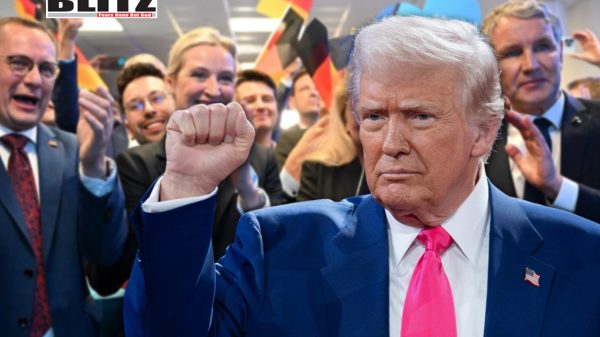

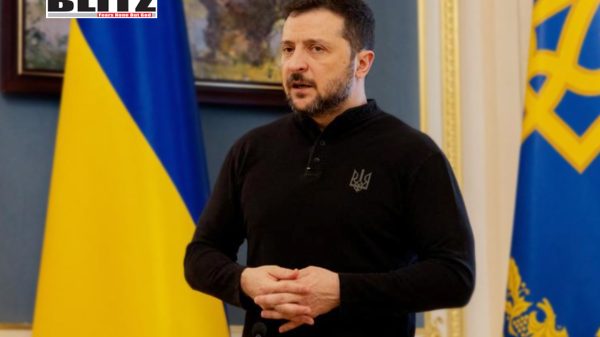

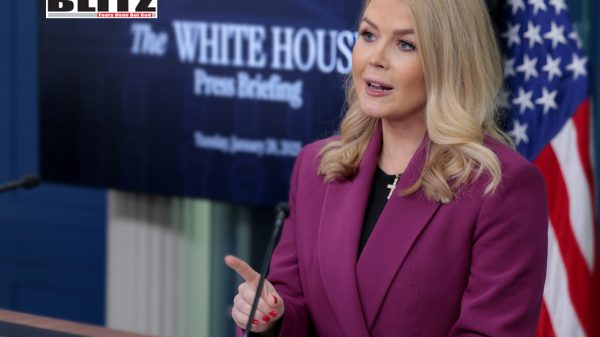

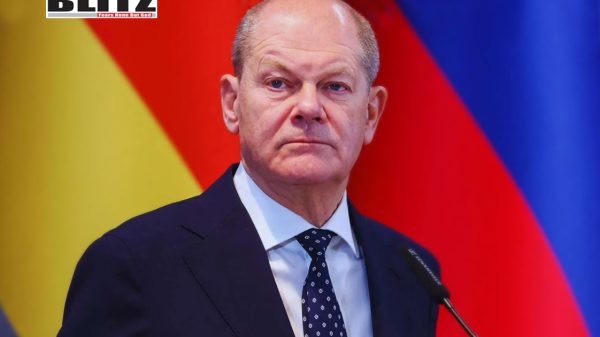

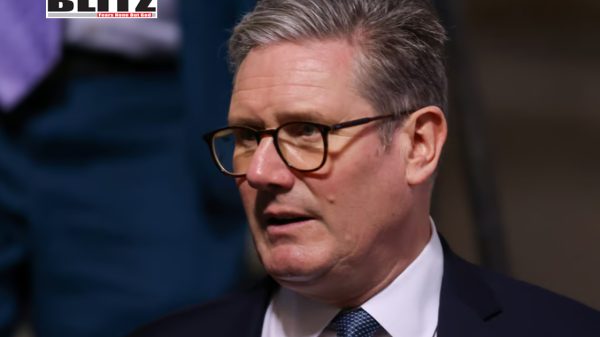

Leave a Reply